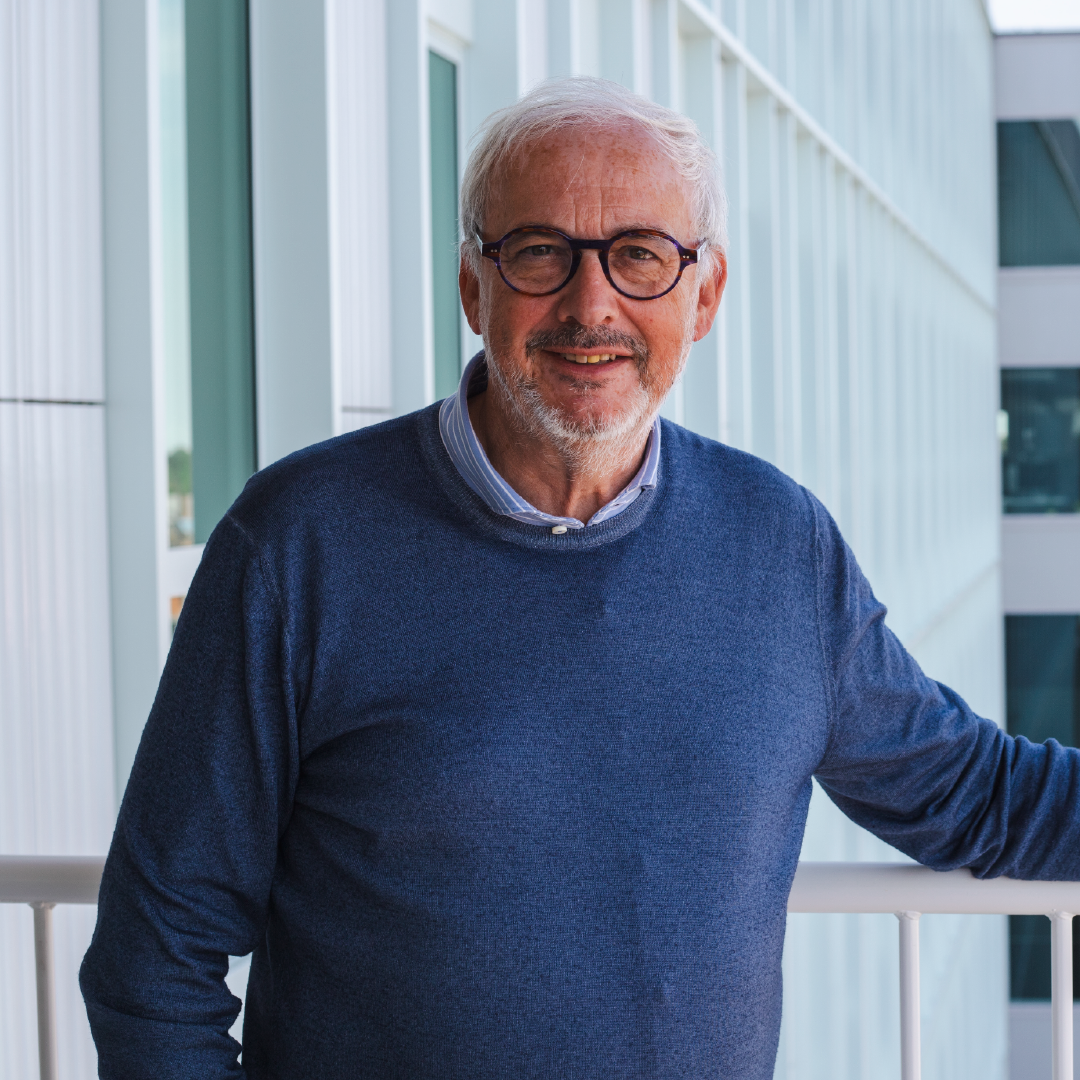Does your brand have a story? Some brand stories are so well-known that they’ve become part of popular culture. We all know the story behind Facebook, and Mark Zuckerberg. It’s the same with Virgin and Richard Branson. We’ve seen their companies and products evolve, and it’s almost like we know them – we’ve made an emotional connection.
Brand stories for consumer goods can be just as fascinating. Is there any marketer who hasn’t felt sympathy for their marketing peers over at Samsung, managing the rollout of the (overheating) Galaxy Note 7?
But brand stories aren’t just for companies with rags-to-riches plot lines and high-profile CEOs, or consumer goods that end up in the news. Even in the B2B environment, people seek an emotional connection with the products and services they purchase and use.
Brand stories create and strengthen that emotional connection.
So what’s your story? Start by thinking about how your company, product or service adds value and helps people. Does it help them do something more easily, or more cost-effectively, or faster? Does it help their business increase revenues? Perhaps your product or service benefits multiple stakeholders – for example, by helping hospitals treat patients more effectively, does it help more patients receive care? Does your technology help your customers help their customers in some way?
Then think about why your product or service is uniquely suited to helping in this way. No other company does it better because ________. Fill in the blank, and your brand story’s starting to take shape.
Your brand story is part of your brand identity. Share it on your website, in your marketing collateral, even in the boilerplate in your press releases. Switch between long and short versions, depending on your medium and audience.
A marketing partner with expertise in B2B brand development can help you create a brand story that will help you build emotional connections with prospects and customers, in line with your branding goals. Find out below how Living Stone created a new brand design for a leading technology company in Belgium by defining its business story and affirming a strong, compelling message from it before delving into logos, colors, designs and similar visual tools to drive the rollout.


.png?width=1080&name=Rebranding%20LS-3-Profile%20pic%20(1).png)